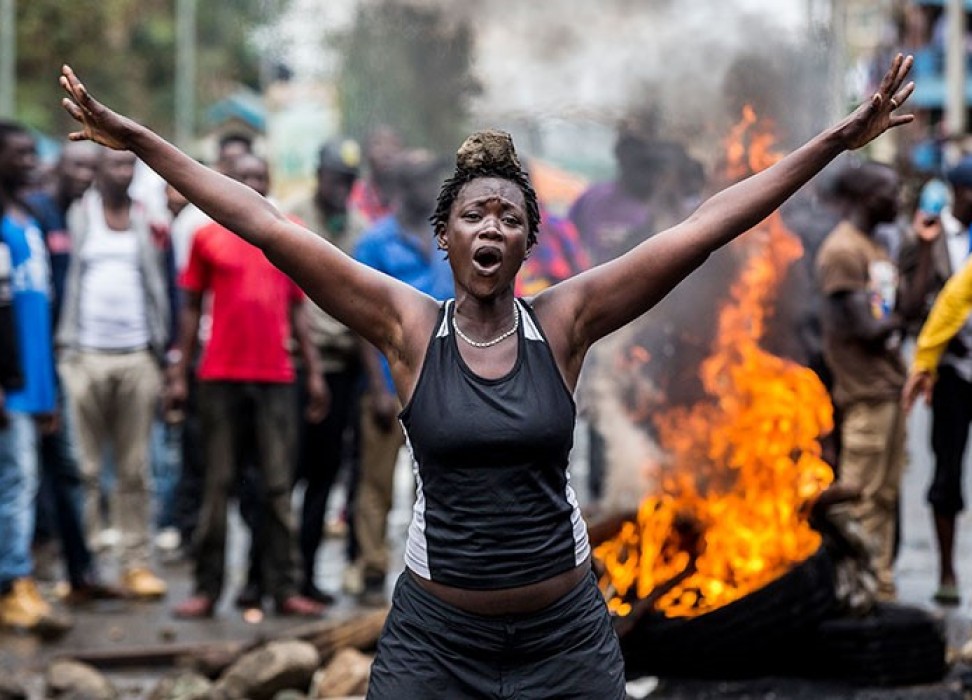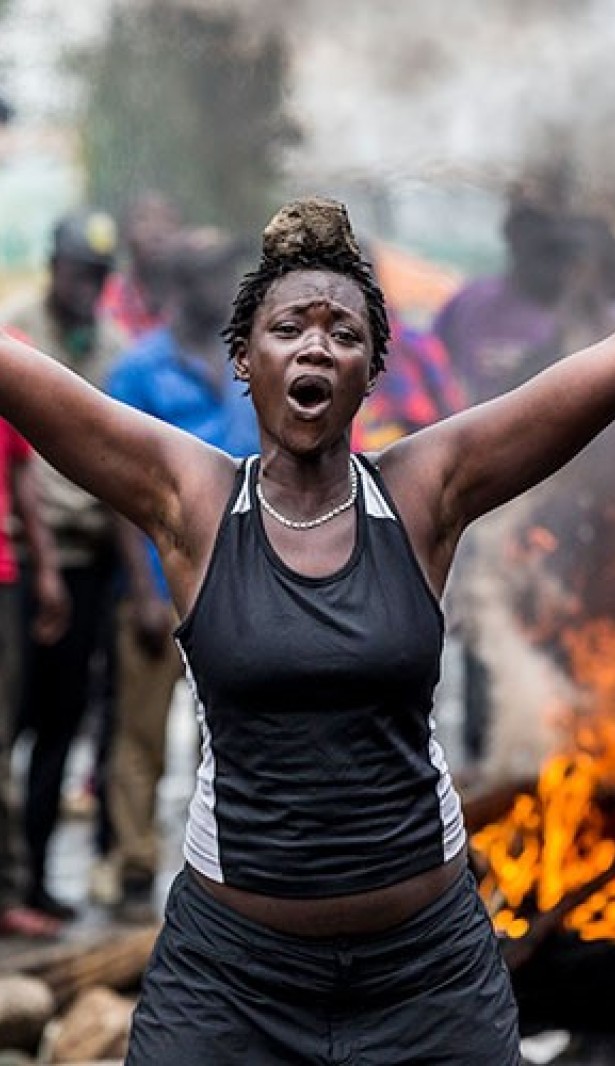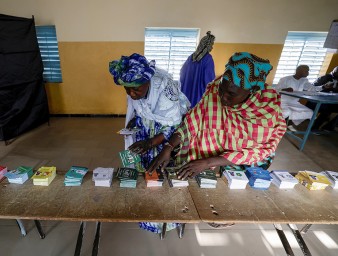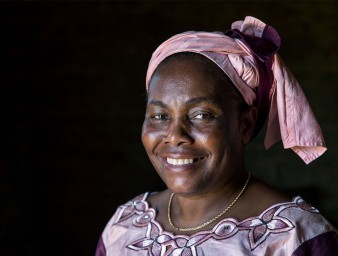Breaking cycles of sexual violence linked to elections in Kenya
27 December 2019

Sexual violence has been a recurrent and brutal feature of elections in Kenya since the 1990s. Despite a progressive new Constitution and strengthened institutions and laws developed to prevent and respond to sexual violence, Kenya's National Commission on Human Rights documented 201 cases reported to have occurred in 11 counties during the last general elections in that country in 2017. Actual cases in all 47 counties are likely much higher.
What is known as 'electoral-related sexual violence' is a form of sexual violence, such as rape and sexual assault associated with electoral processes that is intended to influence a political outcome. Many were displaced by the violence; civilians, political aspirants, their supporters and families, and other civilians were targeted owing to their geographic locality or ethnic origins, and were terrorised and dehumanised to influence voting habits, including hindering votes.
UN Human Rights joined forces with UN Women and Physicians for Human Rights in Kenya to prevent recurrence of such violence during the upcoming 2022 elections. They conducted a human rights-based analysis of the institutional gaps and challenges that allow such violence.
The report on that analysis, entitled "Breaking Cycles of Violence: Gaps in Prevention of and Response to Electoral-Related Sexual Violence in Kenya", was launched on mid-December 2019.
"The objective was to build a body of evidence to identify gaps, document good practices and support the formulation of survivor-centred, short- and medium-term measures that should be prioritised by duty bearers, especially in the health, security and legal sectors, for effective prevention and response ahead of the next elections in 2022," said Li Fung, Senior Human Rights Adviser at the Office of the UN Resident Coordinator in Kenya.
A key feature of this process is that it gave a platform to survivors of electoral-related sexual violence to voice their experiences and priorities: engaging with Government actors including the National Police Service, the Independent Policing Oversight Authority and the Office of the Director of Public Prosecutions. Survivors also formulated recommendations to prevent and respond to demands for justice for sexual violence during electoral periods.
"Survivors of sexual violence were engaged from the conceptualization of the study, throughout the research process and up to the launch of the report. This helped to affirm our stories and experiences, and validated our views on what can work to address electoral related sexual violence," said Jacqueline Mutere, a survivor of the 2007-2008 post-elections violence. She founded Grace Agenda, a support and advocacy network for survivors of sexual violence. "Due to the engagement of survivors and key Government officials, we hope the report will be a living document and the strategies contained therein will make electoral-related sexual violence a thing of the past."
Even outside of election periods, Kenya suffers from high levels of sexual violence. Some 45 per cent of women and men aged 15-49 have experienced sexual and gender-based violence. Thus, the study's recommendations can also serve to strengthen Government interventions in non-election settings.
"This report documents the challenges survivors faced after the violations – this is important as it affirms survivors' efforts to have their voices amplified and heard by the Government," said Wangu Kanja, founder of the Network of Survivors of Sexual Violence in Kenya.
"Sexual violence does not only happen during elections; it also happens during non-election years. The report is important to us as a network, because it provides us with reference points on how to advocate for enhanced prevention and responses from survivors' perspectives."
UN Human Rights and UN Women will continue to work with survivors, the Government and civil society partners at all levels, to strengthen capacities of Kenya's institution and keep the momentum for the prevention of sexual violence ahead of the 2022 polls.
27 December 2019




